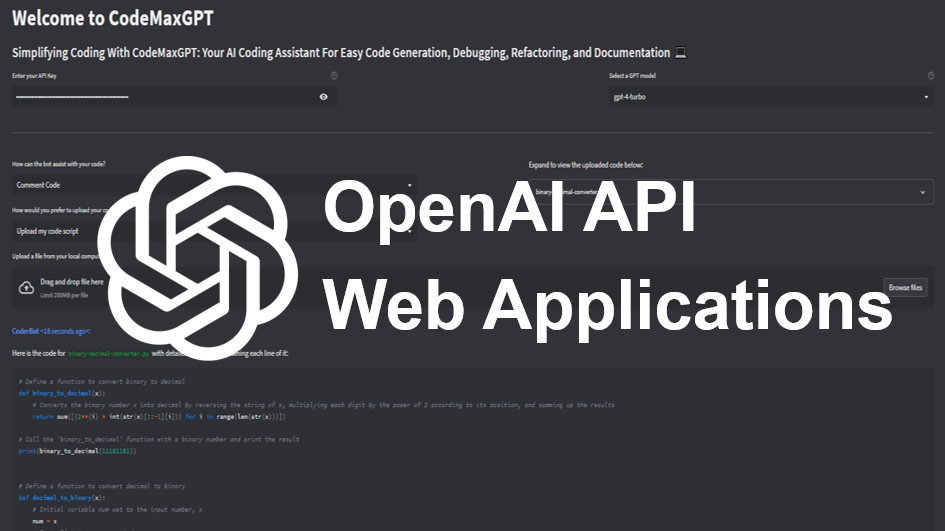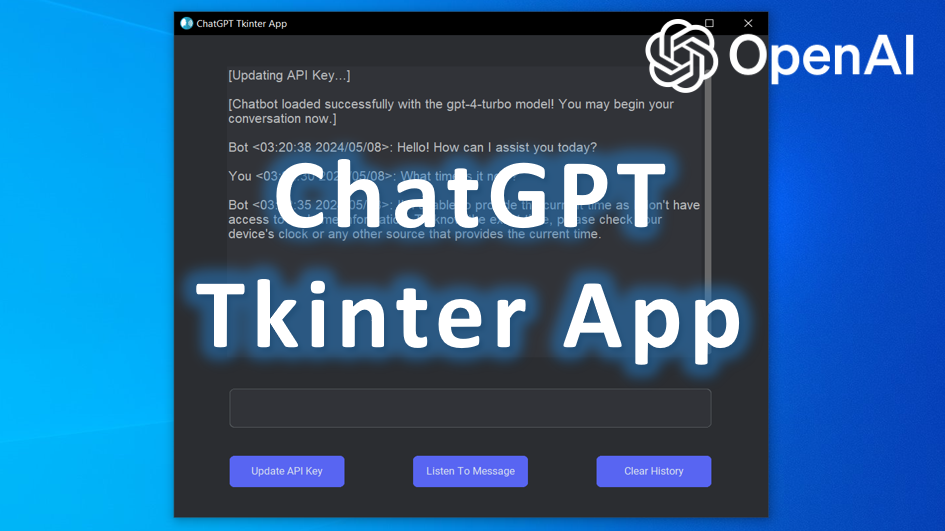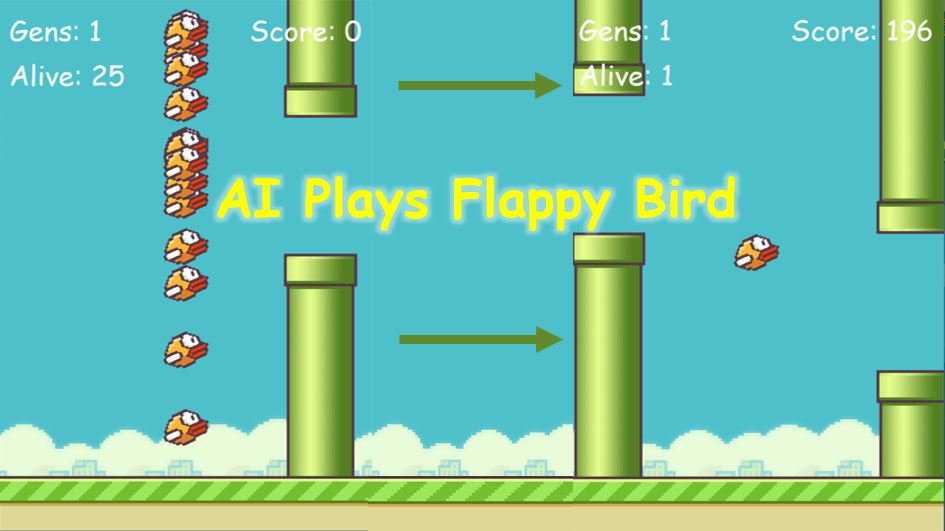OpenAI API Web Applications
This repository hosts a collection of custom web applications powered by OpenAI's GPT models (incl. o1-mini, o1-preview, gpt-4o, gpt-4o-mini and gpt-4-turbo), Whisper model, and TTS model, and developed using Chat Completions API and Assistants API. These apps include an interactive chatbot ("Talk to GPT") for text or voice communication, and a coding assistant ("CodeMaxGPT") that supports various coding tasks. With its user-friendly interface, cutting-edge models, and auto-prompting features, this repository aims to enhance users' programming capabilities and to boost efficiency in both their work and everyday life.
ChatGPT Tkinter Desktop App
This user-friendly GUI application allows users to have natural language conversations with ChatGPT directly from a local computer. Built upon OpenAI's Chat Completions API, it leverages advanced natural language processing capabilities to deliver high-quality responses to human's requests. Through an intuitive user interface, users can easily select between o1, o1 mini, GPT-4o, GPT-4o mini, and GPT-4 Turbo models, engage in conversations with ChatGPT, review previous interactions, and even listen to the chatbot's responses through audio playback. This application aims to provide an immersive and enjoyable conversational experience akin to chating with a real person.
ImageAI Computer Vision Flask Apps
This project showcases two Flask applications that utilize ImageAI's image prediction algorithms and object detection models. The "Image Object Recognition Flask Application" allows users to upload images and receive accurate object predictions with confidence scores. The "Video Object Detection Flask Application" enables object detection in videos, generating detailed frame-level data and providing valuable insights through data analysis. These user-friendly apps provide an intuitive platform for leveraging advanced computer vision capabilities, empowering users to effortlessly explore, analyze, and extract valuable information from visual content.
AI Plays Flappy Bird
The project showcases the implementation of the NEAT algorithm in Python to play a Flappy Bird-like game. It orchestrates the evolution and evaluation of a bird population through successive generations. The algorithm releases a population of genome-controlled birds into the game to assess their fitness, with each bird's network derived from its genome to make decisions of jumping or not along the way. When a bird population goes extinct, a new generation of evolved birds is created and evaluated as the previous generation does. This iterative process continues for multiple generations until the fitness threshold is met and the winner genome is saved.



